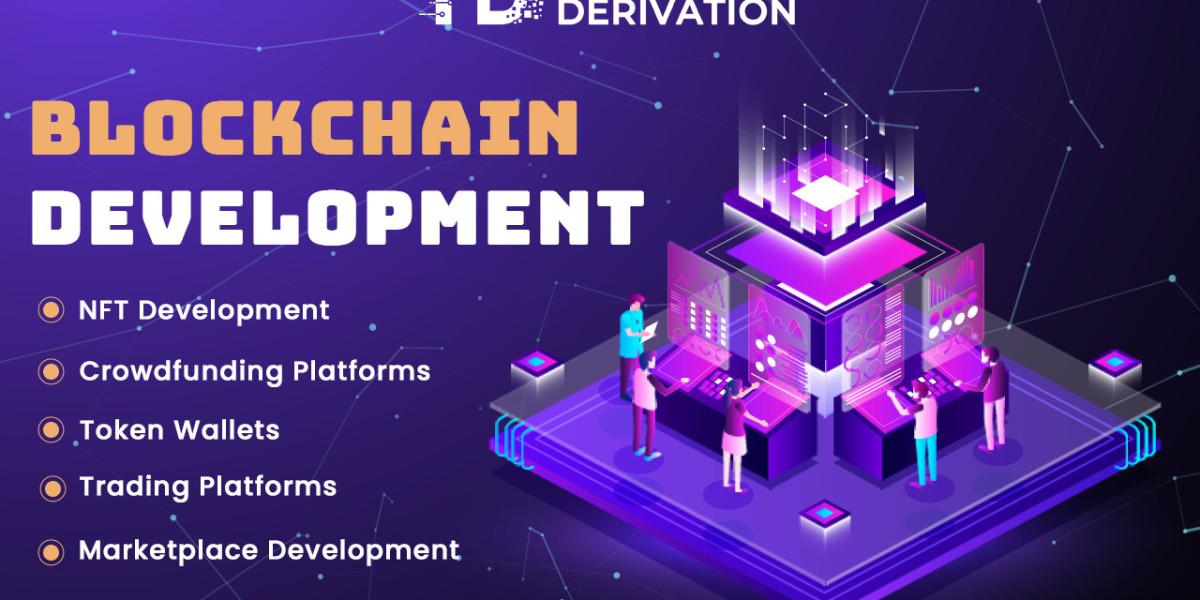Blockchain technology, once synonymous with cryptocurrencies, has emerged as a disruptive force reshaping industries across the globe. Blockchain, fundamentally, is a distributed record-keeping system that offers transparency, security, and improved workflow. However, its true potential lies in its ability to revolutionize traditional processes and create new paradigms of trust and collaboration.
**The Evolution of Blockchain Application Development**
The journey of blockchain application development has been marked by significant milestones. From the pioneering days of Bitcoin to the emergence of smart contracts and decentralized finance (DeFi), developers have continually pushed the boundaries of what is possible with this groundbreaking technology.
Early blockchain applications focused primarily on digital currencies and payment systems. Bitcoin, introduced in 2009, paved the way for a decentralized peer-to-peer electronic cash system. However, it was the introduction of Ethereum in 2015 that catalyzed a new era of blockchain innovation. Ethereum introduced the concept of smart contracts, enabling developers to build decentralized applications (dApps) with automated, self-executing code.
Since then, blockchain application development has diversified into various sectors, including finance, supply chain management, healthcare, identity verification, and more. Each industry presents unique challenges and opportunities that blockchain technology is uniquely positioned to address.
**Key Features and Benefits of Blockchain Applications**
Blockchain applications offer several key features and benefits that set them apart from traditional systems:
1. **Decentralization**: Blockchain operates on a distributed network of nodes, eliminating the need for a central authority. This decentralization ensures greater resilience, transparency, and censorship resistance.
2. **Immutability**: Once data is recorded on the blockchain, it cannot be altered or deleted, providing an immutable and tamper-proof record of transactions.
3. **Transparency**: Blockchain's transparent nature allows users to verify transactions and data in real-time, fostering trust and accountability.
4. **Security**: Cryptographic techniques ensure that data on the blockchain is secure and protected from unauthorized access or tampering.
5. **Efficiency**: By removing intermediaries and automating processes through smart contracts, blockchain applications streamline operations and reduce costs.
**Applications of Blockchain Technology**
Blockchain technology is being used in various industries:
1. **Finance**: Decentralized finance (DeFi) platforms enable peer-to-peer lending, borrowing, trading, and asset management without intermediaries.
2. Supply Chain Management: By utilizing blockchain technology, supply chains are made more transparent and traceable, thereby decreasing instances of fraud, minimizing risks, and increasing overall efficiency.
3. **Healthcare**: Blockchain secures patient data, facilitates interoperability between healthcare providers, and enables personalized treatment options.
4. **Digital Identity**: Self-sovereign identity solutions empower individuals to control their personal data and authenticate their identities without relying on centralized authorities.
5. **Voting Systems**: Blockchain-based voting systems offer secure, transparent, and auditable elections, ensuring the integrity of the democratic process.
**Challenges and Future Directions**
Although blockchain technology shows potential, it continues to encounter obstacles like scalability, interoperability, regulatory uncertainty, and user adoption. Addressing these challenges will require collaboration among developers, industry stakeholders, and policymakers.
Looking ahead, the future of blockchain application development holds immense potential for innovation and disruption. As developers continue to refine existing solutions and explore new use cases, blockchain technology will play an increasingly integral role in shaping the digital economy of tomorrow.
In conclusion, blockchain application development represents a paradigm shift in how we conceptualize and implement trust, transparency, and collaboration in the digital age. By harnessing the power of blockchain, developers have the opportunity to create a more inclusive, secure, and efficient world for generations to come.














